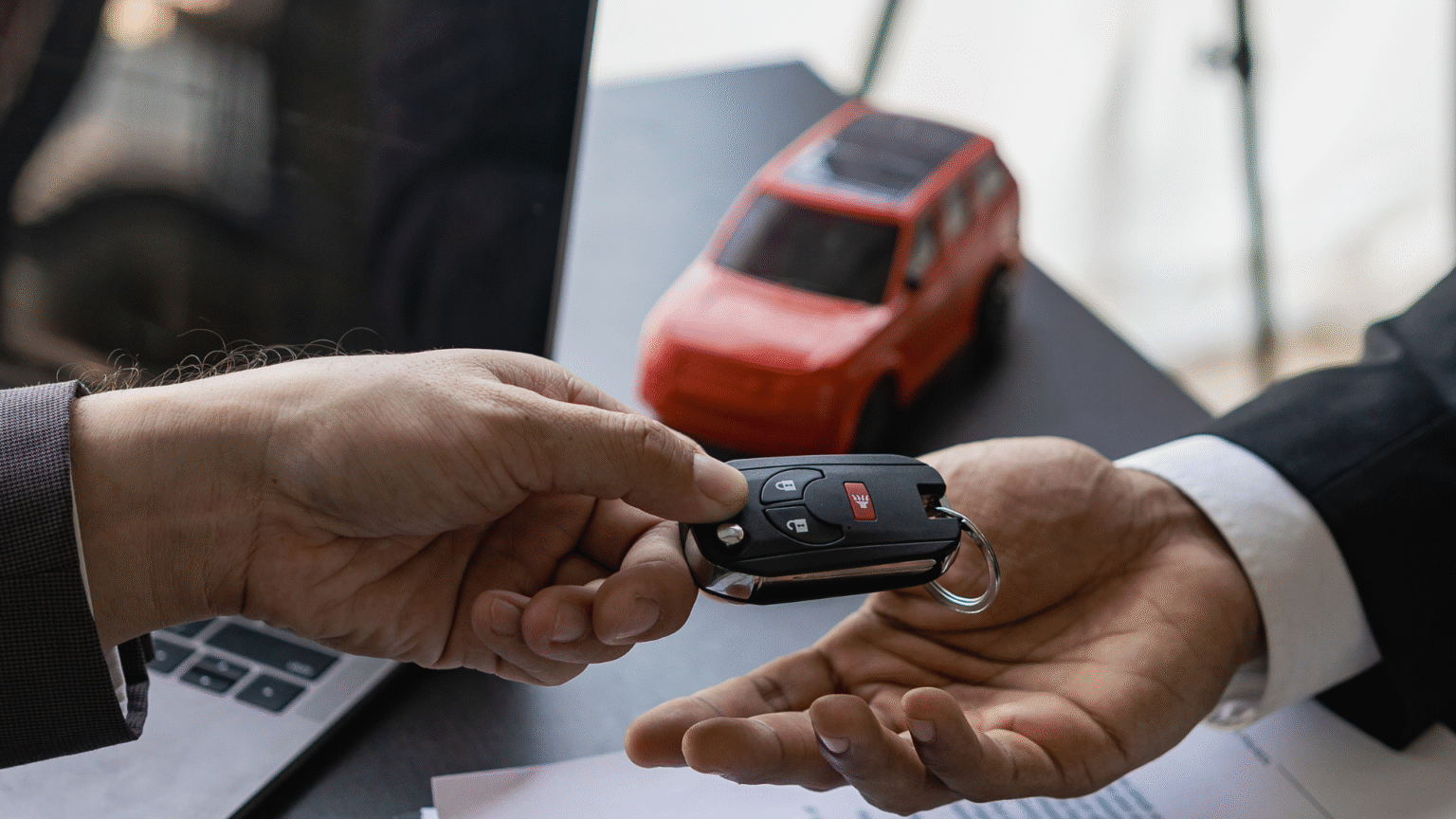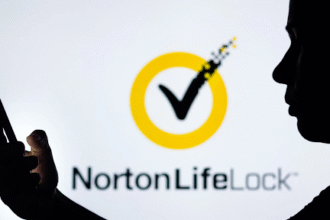Buying a car online has become more common than ever. It’s fast, convenient, and offers a wide range of vehicles from across the country. However, this convenience also comes with risks. Online car sales are a popular target for scammers who prey on unsuspecting buyers. From fake listings to identity theft and payment fraud, there are many ways people can be tricked when buying a car online.
Whether you’re buying from a private seller or a platform, staying alert and informed is key. A trusted car broker can also help you navigate the process safely. Here’s how you can avoid the most common car-buying scams and protect your money.
1. Be Wary of Prices That Are Too Good to Be True
One of the most common online car scams is a listing with a price that’s far lower than average. Scammers use these “too good to be true” prices to grab your attention quickly. Once you’re interested, they may pressure you to pay a deposit or the full amount upfront—often for a car that doesn’t exist.
Before you act, compare similar models online and research the average market value. If the price seems unusually low, proceed with caution. A car broker can help confirm whether the deal is realistic or a potential scam.
2. Always Inspect the Vehicle or Arrange a Pre-Purchase Inspection
Scammers often avoid in-person meetings and may say the car is in a remote location or “in storage.” They might offer to ship the car after payment, but this is a major red flag.
You should always inspect the car yourself or have a trusted mechanic check it before committing. If you’re buying from another city, a car broker in that area can inspect the vehicle on your behalf and make sure everything is legitimate before any money changes hands.
3. Avoid Sellers Who Push for Immediate Payment
Scammers often create a sense of urgency, claiming that many buyers are interested or that they’re moving soon and need to sell quickly. They may request payment through wire transfers, gift cards, or other non-traceable methods.
Legitimate sellers will give you time to think and won’t ask for unusual payment methods. A car broker will never rush you into a purchase and can advise on safe, traceable payment options.
4. Check the Seller’s Identity and Ownership Documents
Always ask to see the car’s registration papers and verify that the seller’s name matches. If they refuse or offer vague explanations, that’s a red flag.
Scammers sometimes try to sell cars they don’t own, or that have been stolen or written off. A professional car broker will always verify ownership documents before proceeding with any transaction.
5. Don’t Rely Solely on Online Photos
Photos can be stolen from other listings or edited to hide damage. Never trust images alone when deciding to buy a car.
Request a video walkaround of the car or do a live video call to view the car in real time. A car broker can conduct this step for you and provide a detailed inspection report, giving you peace of mind.
6. Use Secure Payment and Transfer Methods
Never send money to someone you haven’t met or for a car you haven’t verified. Use secure, traceable payment systems, and never share sensitive banking or personal information with strangers online.
When you buy through a car broker, they typically use an escrow service or verified process that holds your money until all checks are complete. This protects both buyer and seller.
7. Check the Car’s History Before You Buy
Scammers may hide the fact that the car has been in an accident, written off, or still under finance. Use the VIN (Vehicle Identification Number) to run a car history report.
A car broker will always check a vehicle’s history before recommending it to a client, ensuring it’s clear of any legal or mechanical problems.
8. Be Cautious of Fake Websites or Online Platforms
Some scammers create fake dealership websites that look professional. Always double-check the web address and read reviews. If the seller won’t let you verify the business or insists on communicating only via email or messaging apps, walk away.
An experienced car broker will only work with verified sellers and platforms. They’ll help you avoid fake listings and websites designed to steal money or personal information.
9. Work With a Reputable Car Broker
The best way to avoid online car scams is to work with someone who knows the market and can spot red flags early. A licensed car broker has experience, industry contacts, and access to tools that most buyers don’t. They handle the search, verify vehicles, negotiate on your behalf, and guide you through a safe buying process.
Conclusion
Online car shopping can be a smart way to find the right vehicle, but only if you take the necessary precautions. Stay alert, don’t rush into deals, and verify every step of the process. When in doubt, a trusted car broker can offer expert support and help you avoid the pitfalls that many online car buyers fall into. With the right approach, you can find a great second-hand car without getting scammed.

















